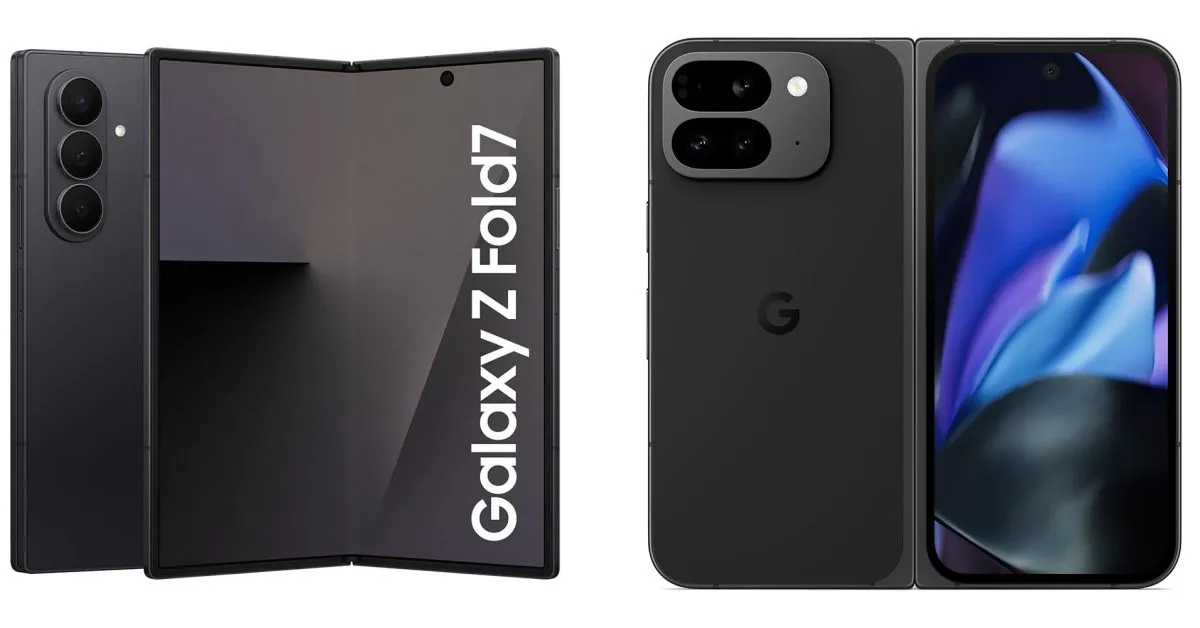
A recent survey conducted by SellCell indicates that nearly a third of US iPhone owners are contemplating a switch to either Samsung or Google to acquire a folding phone this year. This trend arises as many users express impatience for the anticipated launch of the iPhone Fold, expected next year. The survey results present a mixed bag for Apple, showcasing both encouraging and concerning trends among iPhone users.
The SellCell survey included responses from 2,000 iPhone owners, a substantial sample size that can provide insights into the broader trends affecting US iPhone users. Nevertheless, some of the statistics presented in the survey raise eyebrows. For instance, the survey indicates that a staggering 68.3% of current iPhone users plan to upgrade to the iPhone 17, a remarkably high percentage considering that most smartphone users typically retain their devices for four to five years.
Interestingly, the survey also highlights that 30.3% of respondents are considering purchasing a folding phone this year instead of waiting for the iPhone Fold. This inclination points towards models like the Samsung Galaxy Z Fold 7 or the Google Pixel 9 Pro Fold. The survey further predicts that if Apple delays the release until 2026, 20.1% of respondents would likely switch to Samsung's foldable devices, while 10.2% might turn to Google’s offerings. These statistics are concerning for Apple, especially considering that they reflect a significant potential shift in consumer loyalty.
Despite the alarming prospect of a large portion of users contemplating a switch, it is important to contextualize these numbers. The 30% figure represents those who would consider switching, which does not necessarily translate to actual purchases. It seems improbable that such a significant percentage would abandon their preferred brand just one year before Apple's first entry into the foldable market, especially given their historical loyalty over the past seven years.
On a more positive note for Apple, the survey reported that approximately two-thirds of respondents expressed intentions to upgrade to the iPhone 17, marking an increase from 61.9% who planned to upgrade to the iPhone 16 the previous year. However, the survey also revealed a more worrying trend; half of the iPhone users surveyed indicated that Android is becoming increasingly appealing.
While almost half of iPhone users (49%) claimed that they find nothing appealing about Android, a notable portion admitted to Android's growing attractiveness. They cited several factors, including AI capabilities (13%), pricing (11%), camera quality (11%), and the allure of foldable phones (9%). Additionally, 44% of respondents indicated that Apple’s AI features are crucial to them, suggesting that Apple has significant work to do to maintain its competitive edge in the market.
As the smartphone market continues to evolve, the question remains: could a significant portion of iPhone owners truly consider switching brands just to get their hands on a folding phone a year ahead of the iPhone Fold? The findings from this survey provide food for thought regarding consumer loyalty and the potential impact of emerging technologies. We invite readers to share their perspectives and thoughts in the comments below.
Photos: Samsung, Google